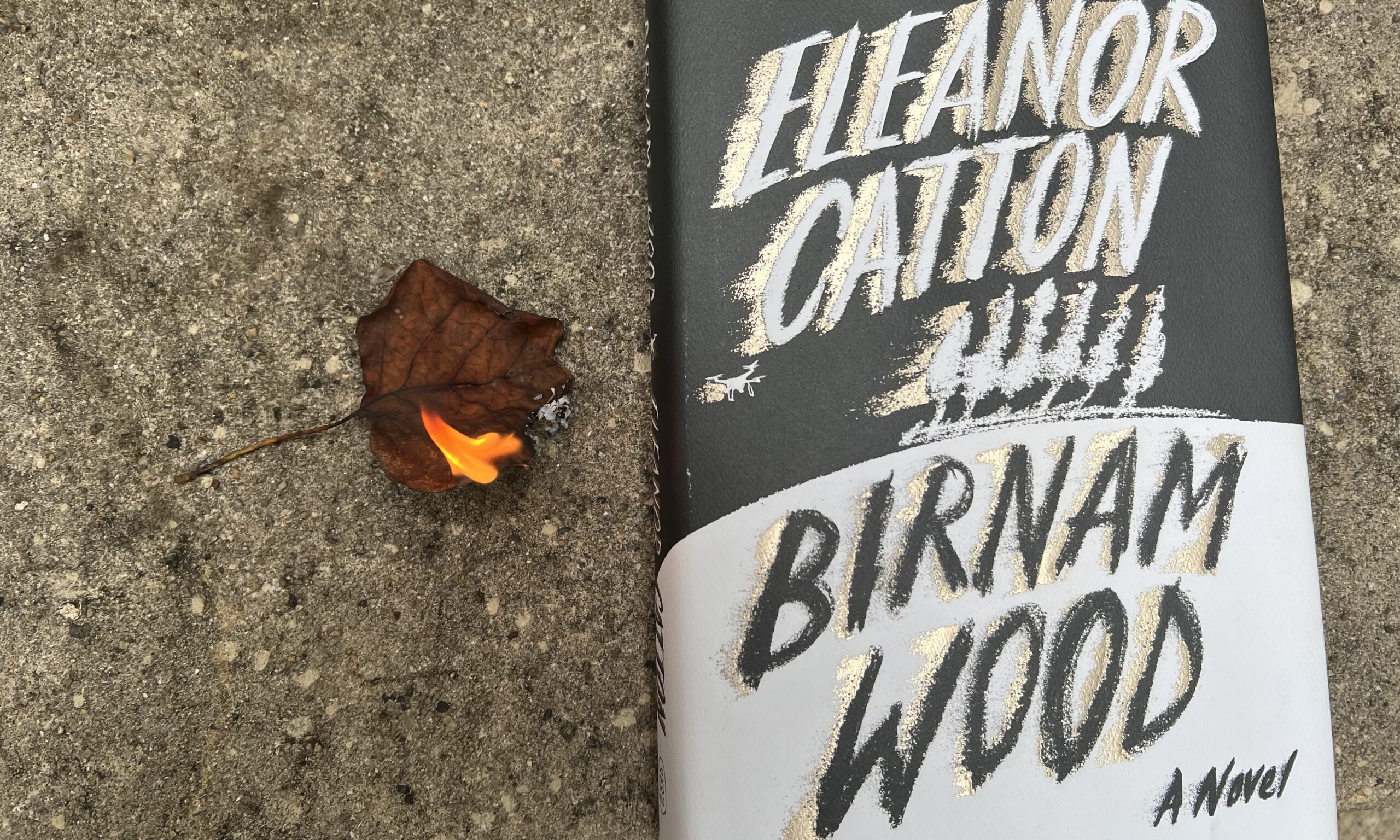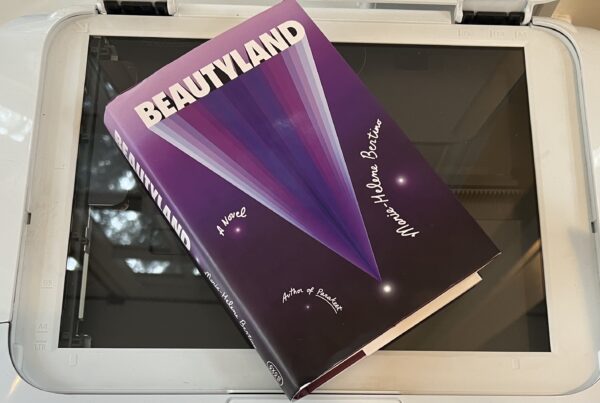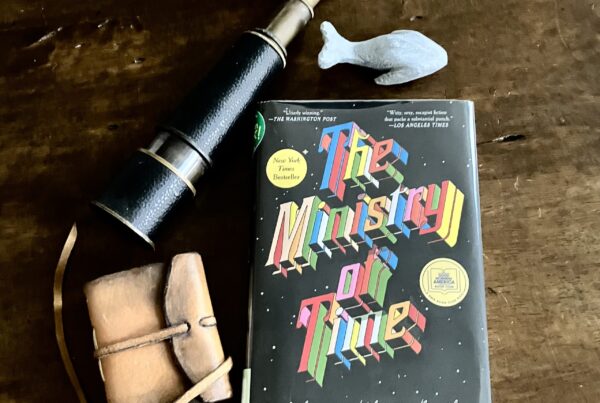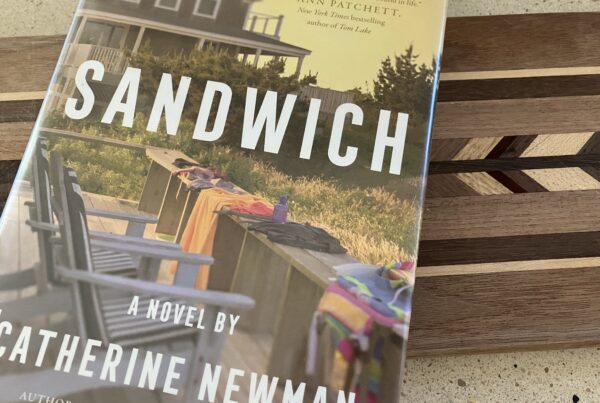As a cosseted old white lady, I have had the absolute luxury of compartmentalizing my anxieties. There is only so much outrage my aging brain can bear, so my attempts at making change have landed mainly in the area of women’s health and voting rights. Intersectionality means that these issues spread their tentacles into racism, sexism, homophobia, economic inequality. So I am, I’m sorry to say, unable to look directly at the issue of global climate change, much as if it were the sun itself. In a selfish but self-preserving “so sorry/you’re screwed” to my children and our planet, I have protected myself from fully digesting the irrefutable prognosis of our imminent, deserved doom. But it is hard to look away from the unflinching, powerful new novel of human and environmental disasters, New Zealander Eleanor Catton’s Birnam Wood.
Catton, the youngest writer to win the prestigious Booker prize (at age 28 for The Luminaries ) wields impressive control over an intriguing plot, and she fully inhabits characters as diverse as a self-righteous Bernie-bro-type who is both a trust-fund poseur and in some ways mankind’s last hope; a pompous pest control millionaire who is both a self-serving “environmentalist” and a loving husband; and a chillingly powerful billionaire who is both James Bond and a James Bond villain. And these are just the men. Catton’s two main characters, Mira, the founder of a shabby collective of guerrilla gardeners called Birnam Wood, and her closest friend, Shelley, the dimmer star and dissatisfied second in command are so well described that we witness their self-delusions, insecurities, strengths, and conflicted intentions. Catton exposes human weakness, foolishness, and self-mythologizing in all of the characters, but she also writes with such generosity that we empathize with and recognize ourselves in most of them.
A landslide in New Zealand’s South Island has left an enormous tract of land ripe for the unsanctioned gardening of the Birnam Wood group, and an unexpected encounter between Mira and the mysterious billionaire using the same land for more nefarious purposes results in an avalanche of decisions that lead to tragedy. The book borrows its title from Shakespeare’s Macbeth, a play that examines how actions define character, how hubris leads to destruction, and how fate and free will are inextricably bound. In Birnam Wood, Catton moves with skillful ease in and out of her characters’ heads: the limited third person illuminates each one, then only a few pages later, she re-examines a scene, an encounter, a memory with another take that illustrates how common our misperceptions are not only about others but also about ourselves. In a serious book about serious matters, Catton’s writing hums with humor, with sharp observations, and shifting sympathies. There is a hilarious dinner party that skewers the leftist collective, a smaller dinner party that reveals the subtle intricacies of a marriage, and a series of increasingly tragic events that are both shocking and inevitable.
Tony, the mansplainer and budding journalist, speaks directly to me in his bitterness, as he exposes my own particular brand of guilt as both sufferer and perpetrator: “a familiar surge of grief and helpless rage at the reckless, wasteful, soulless, narcissistic, barren selfishness of the present day, and at his own political irrelevance and impotence, and the utter shamelessness with which his natural inheritance, his future, had been laid to waste by his parents’ generation…” The themes of Macbeth reverberate throughout the novel, which starts leisurely then hurtles towards its conclusion, where freely-made choices and fateful incidents become almost indistinguishable. Birnam Wood is satire, thriller, urgent call to action, and expansive character study. It thrums with drones, gardens, safe houses, poisoned earth, diatribes, surveillance, romantic miscommunication, car chases, murders, politics, and ends with a desperate plea that somebody, anybody, pay attention.




